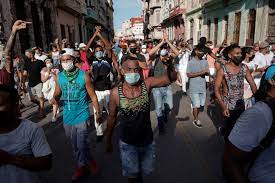
On Sunday 11 July, Cuba experienced a series of social outbreaks that encompassed at least six of the 14 provinces that make up the country. In the 62 years since the triumph of the revolution, Cuba had not faced a situation like this.

On Sunday 11 July, Cuba experienced a series of social outbreaks that encompassed at least six of the 14 provinces that make up the country. In the 62 years since the triumph of the revolution, Cuba had not faced a situation like this.
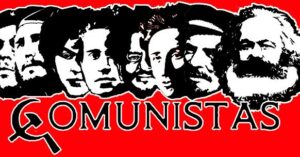
The Comunistas blog calls for the release of Frank García Hernández and other leftists detained in Cuba for protesting against the government.
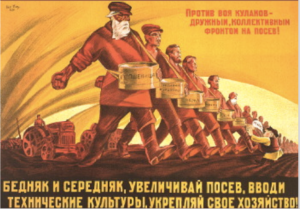
The lesson of the Russian NEP is that economic liberalization does not necessarily signify the democratization of a country, and that it may be accompanied by the elimination of democracy.
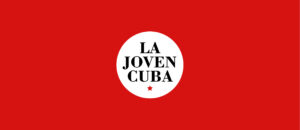
Sam Farber contributes to the ongoing debates among Cuban critics, dissidents and oppositionists about U.S. financing of Cuban political groups.
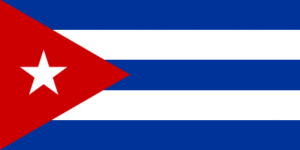
A series of recent developments in Cuba have struck the already faltering economy of the island leading the government to adopt a series of economic policies that point towards a greater opening to capital while maintaining the political controls of the one-party state.
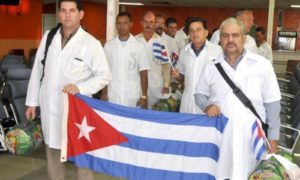
It is important to bring out lesser known aspects of the Cuban doctors abroad program that expose the Cuban state’s undemocratic character and the impact that this has on the Cuban people.
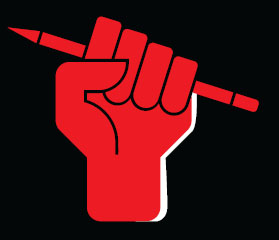
In Resolution 62 of the Atlanta Convention of DSA you asserted your support for the Cuban government and condemned the U.S. policy of economic sanctions on that country.
I who write to you, a Cuban formed in the struggle by trying . . .
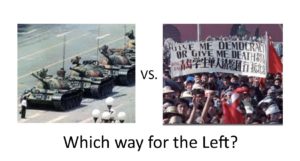
We have been slimed. An article by Ben Norton and Max Blumenthal on the recent Socialism 2019 Conference — which appears on their rancid website, The GrayZone, and is apparently being widely circulated — is a scurrilous attack not only . . .
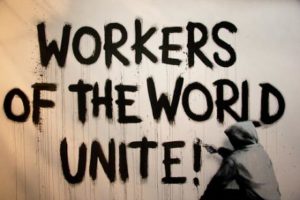
A recent article in the GrayZone viciously slanders the Democratic Socialists of America (DSA), Jacobin magazine, and Haymarket books, accusing these sponsors of the Socialism conference in Chicago last weekend of hosting paid government agents engaged in attempts at regime change in several countries. . . .
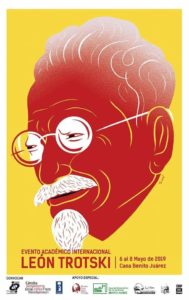
Trotsky Conference in Cuba Poster
Last week I was in Cuba to attend an academic conference on Trotsky. The night before the conference began I had arrived very late at the government-regulated air B&B where I was staying. First there had . . .

Cuba has not been at the center of world attention for a long time, particularly after the collapse of the Soviet bloc considerably diminished the island’s importance to US imperialism. For the international left, political developments in other Latin American . . .
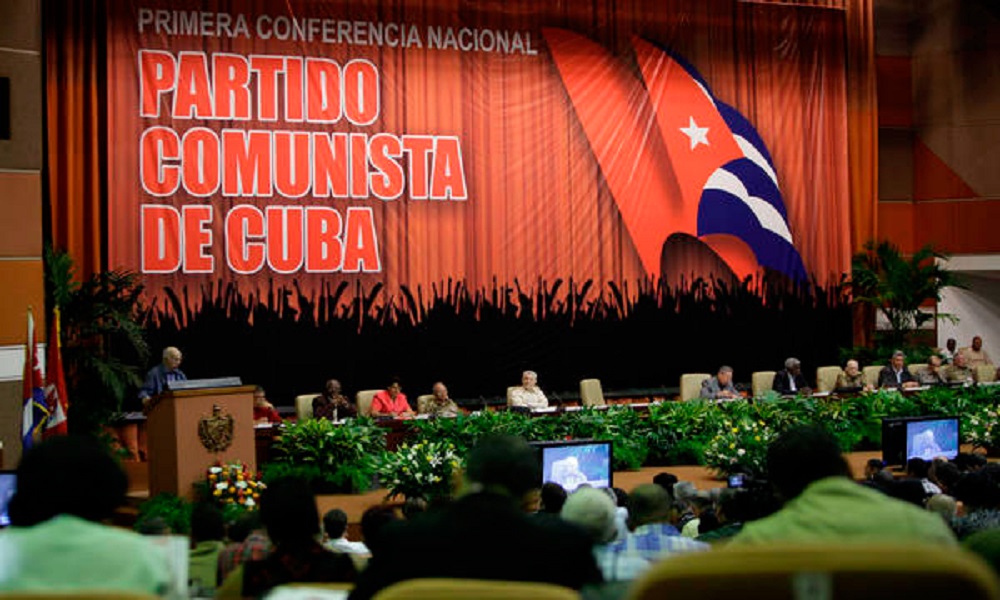
I. Since, at the end of 2007, Raúl Castro called for a broad national debate, ten years have passed. It was a kind of "social catharsis" of all the problems of the country. This fact can be marked as the beginning of a transformation process that has affected all the spaces of economic, political, social and subjective life in Cuba.
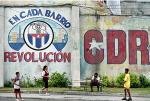
A civil society emerges, mainly, due to citizens’ need to actively involve themselves in the public sphere in order to address processes that impact their daily lives and affect their interests. At the heart of civil society, various social actors, with sometimes remarkable differences, group themselves around common issues that affect or interest all of them. Therefore, civil society is plural, characterized by the spontaneous organization of citizens and based on logics of autonomy, solidarity, and representation of specific identities; it is aimed at addressing collective demands, exploring solutions to issues that affect a given community, and having an impact in the public sphere.

In Latin America we have a saying, “Poner el dedo en la llaga,” a phrase that means to call attention to a delicate or worrisome point. However, llaga means literally an open sore or ulcer. I believe that Cuban socialist and scholar Samuel Farber puts his finger indeed on a significant sore point in revolutionary history with his latest book, The Politics of Che Guevara: Theory and Practice. While recognizing the undeniable determination, egalitarianism, and selflessness of Che Guevara in his fight against imperialism, Farber meticulously exposes the contradictions of Che’s thought and the political, economic, and social detours that Guevara took in his honest quest for a better world.
A refreshing, unconventional view, with none of the usual leftist idolizing of Castro. We talk about Fidel's popularity in Cuba among the older generation, his success in standing for Cubans against U.S. designs, the dictatorial power he seized and some of the huge moves he made in Africa, some good, some awful (Eritrea, Syria, Ortega's Nicaragua today).

Samuel Farber, The Politics of Che Guevara: Theory and Practice. Chicago: Haymarket Books, 2016. 192pp. $16.95
For two generations of activists, Ernesto Che Guevara has symbolized a kind of selfless heroism. His relative youth at his death in 1967 (he was 38) conserved his air of rebelliousness and the image of a man interested only in the struggle, rather than in power. Yet Sam Farber who acknowledges these qualities, describes him early in his new book, The Politics of Che Guevara, as “irremediably undemocratic”. The contradiction is striking and central to Farber’s critical analysis of Che’s life as a revolutionary.
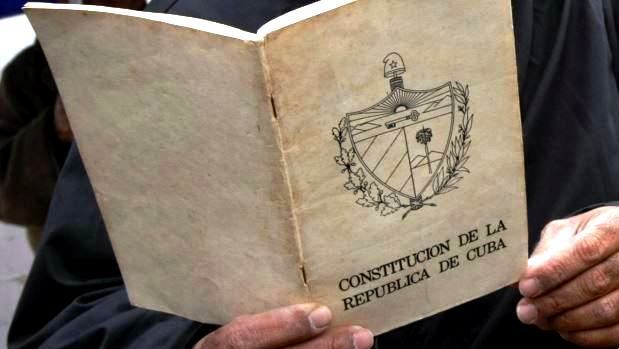
The one-party state is a very controversial question that few of the left-wing critics of the Cuban regime have been willing to address. What follows is an attempt to explore, from the left, some of the issues around this topic.
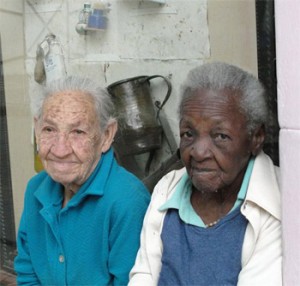
Since 1959, the Cuban revolution has been dedicated to racial equality. In a country where slavery was abolished only in 1886, the revolution offered many black Cubans their first access to land and education, through the new universal egalitarian policies, and an explicit commitment to eliminating racial discrimination. Even critical scholars argue that though it falls short of racial democracy, Cuba has done more than any other society to eradicate racial inequality.
Yet since Cuba’s “Special Period” began in the early 1990s, resources have been severely limited. Market-oriented reforms have come at the price of rising inequalities, which are not color-blind: racial tensions have increased substantially. To counter this trend, several black artists and public intellectuals have created a vibrant anti-racist activist scene, partly attached to the government-sponsored “Regional Afro-descendant Articulation of Latin America and the Caribbean, Cuban Chapter” (abbreviated in Spanish to ARAAC).

On December 17, 2014, Washington and Havana agreed to a path-breaking change in a relationship that, for more than fifty years, was characterized by the United States’ efforts to overthrow the Cuban government, including the sponsorship of invasions, naval blockades, economic sabotage, assassination attempts, and terrorist attacks.
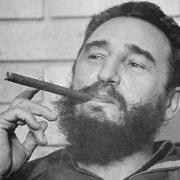
When in 1959 I was fourteen, my socialist, pacifist father gave me a gift subscription to Liberation, the leftist magazine sponsored by the War Resisters League that was published from 1956-1977. My parents had divorced and I lived with my mother in the town of Imperial Beach, California, on the Pacific Ocean and the Mexican border, while my father lived in Chicago. Liberation was my father’s way of seeing to my political education from a distance. In the pages of Liberation I first read C. Wright Mills’ essay (later a book) “Listen Yankee” as well as other articles about the revolution in Cuba.
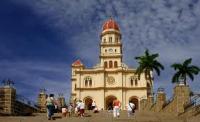 The influence of the Catholic Church in Cuba is growing, a recent and unanticipated development. Why? Has there been a big religious revival that has filled the Church pews? Not really. So, if there has not been a major increase in Catholic religiosity, why has the Catholic Church become important? For entirely political reasons.
The influence of the Catholic Church in Cuba is growing, a recent and unanticipated development. Why? Has there been a big religious revival that has filled the Church pews? Not really. So, if there has not been a major increase in Catholic religiosity, why has the Catholic Church become important? For entirely political reasons.